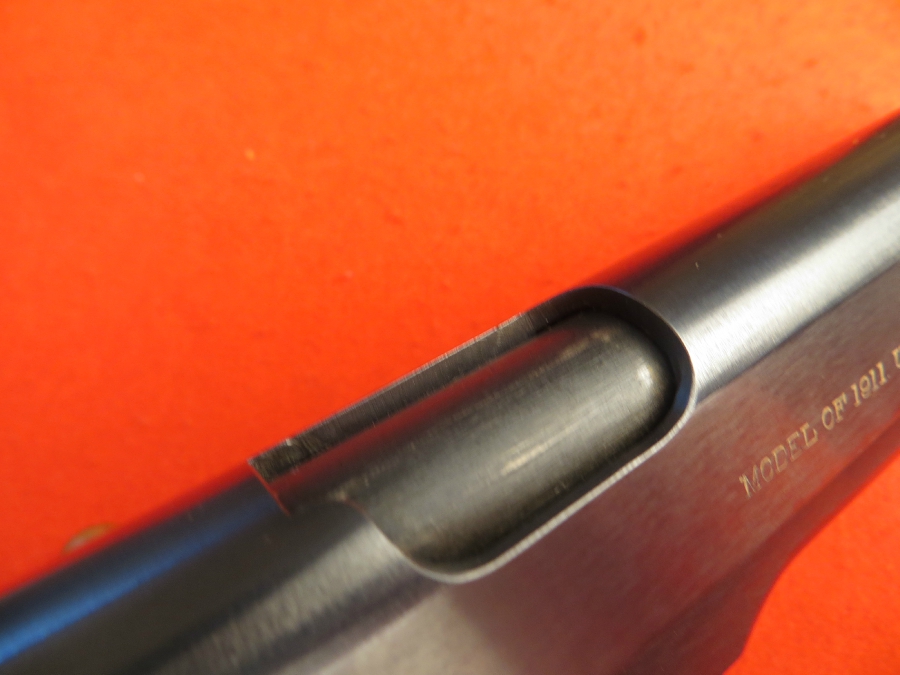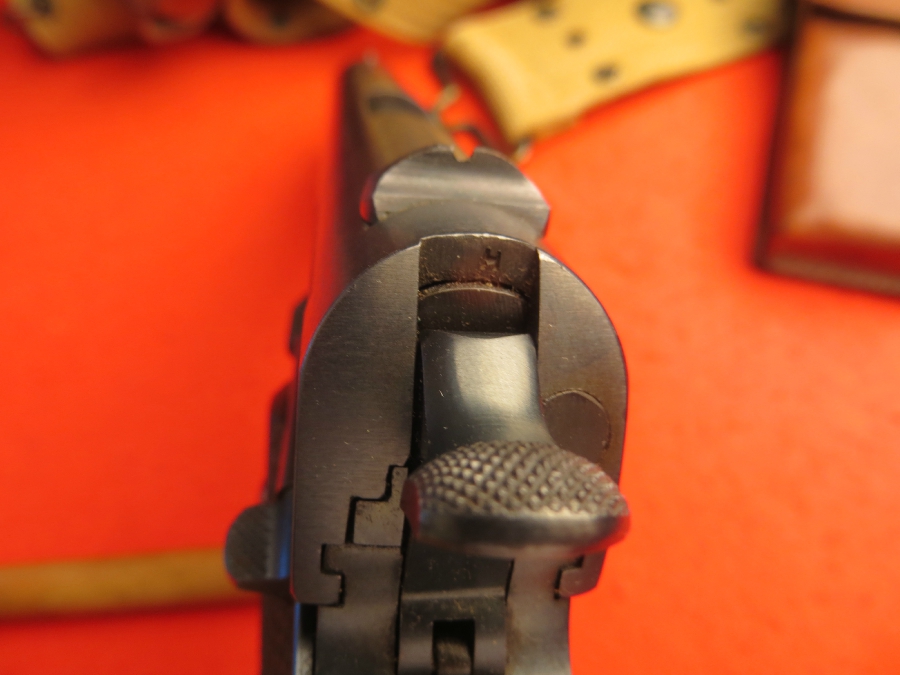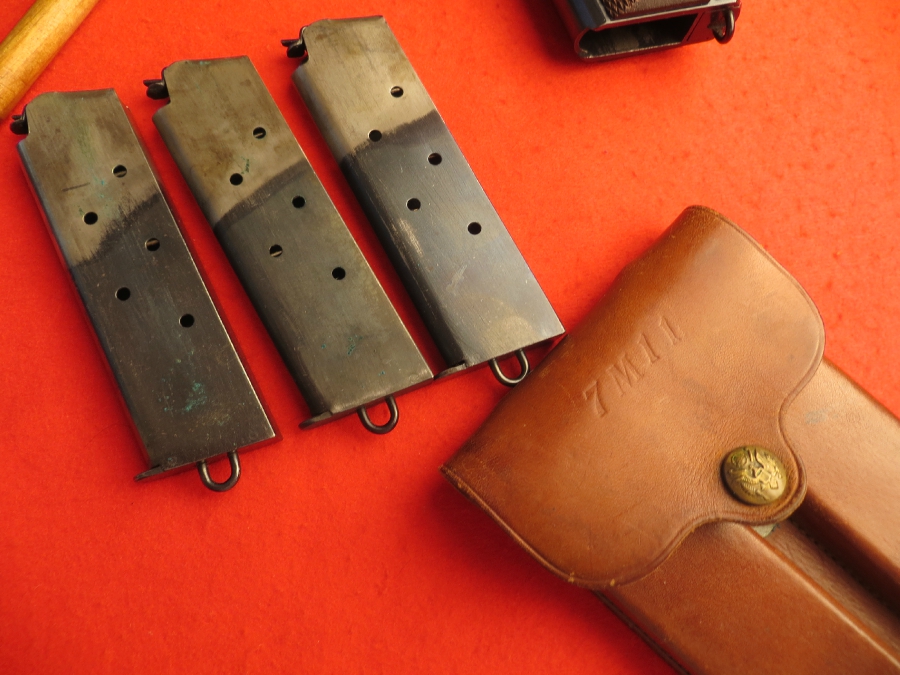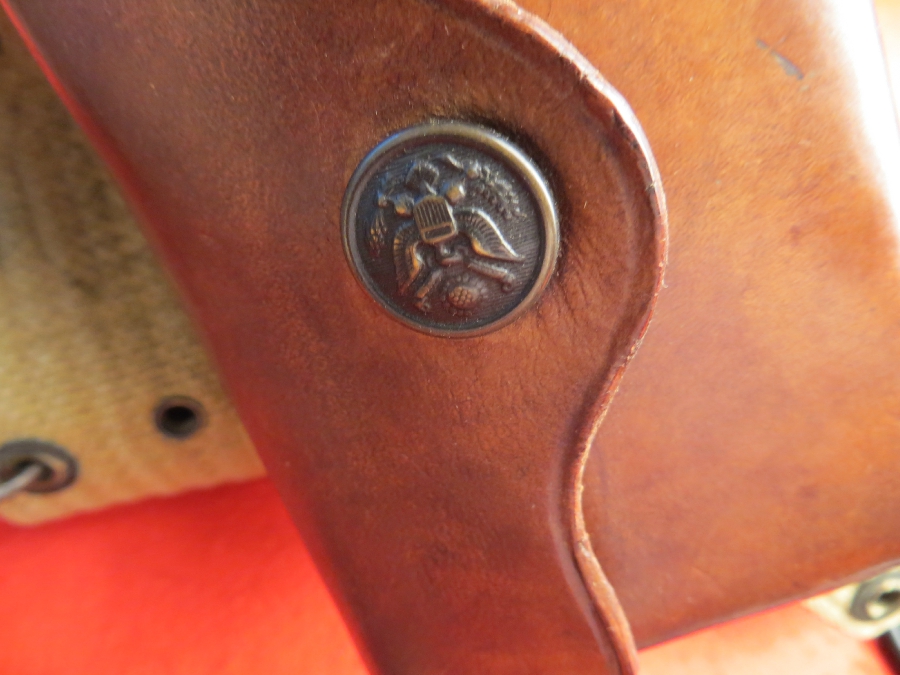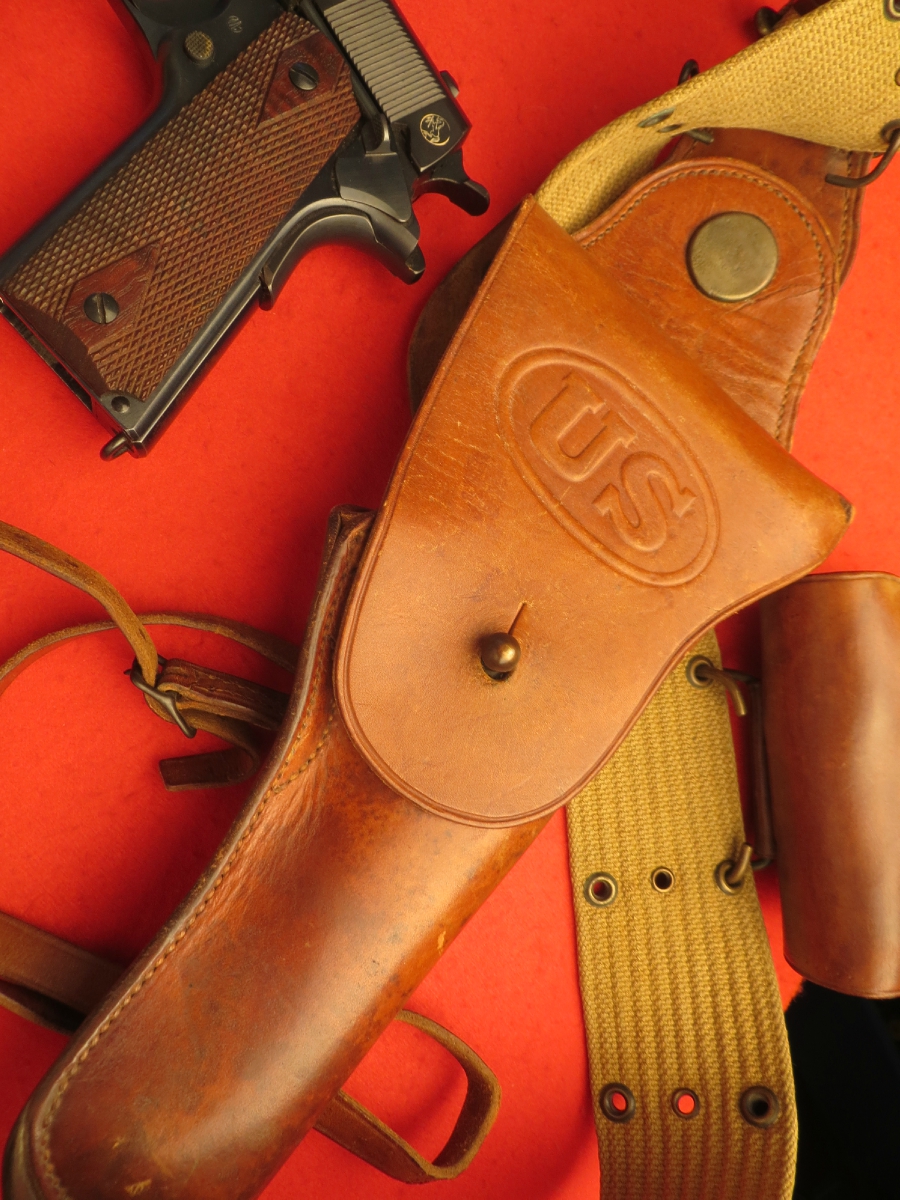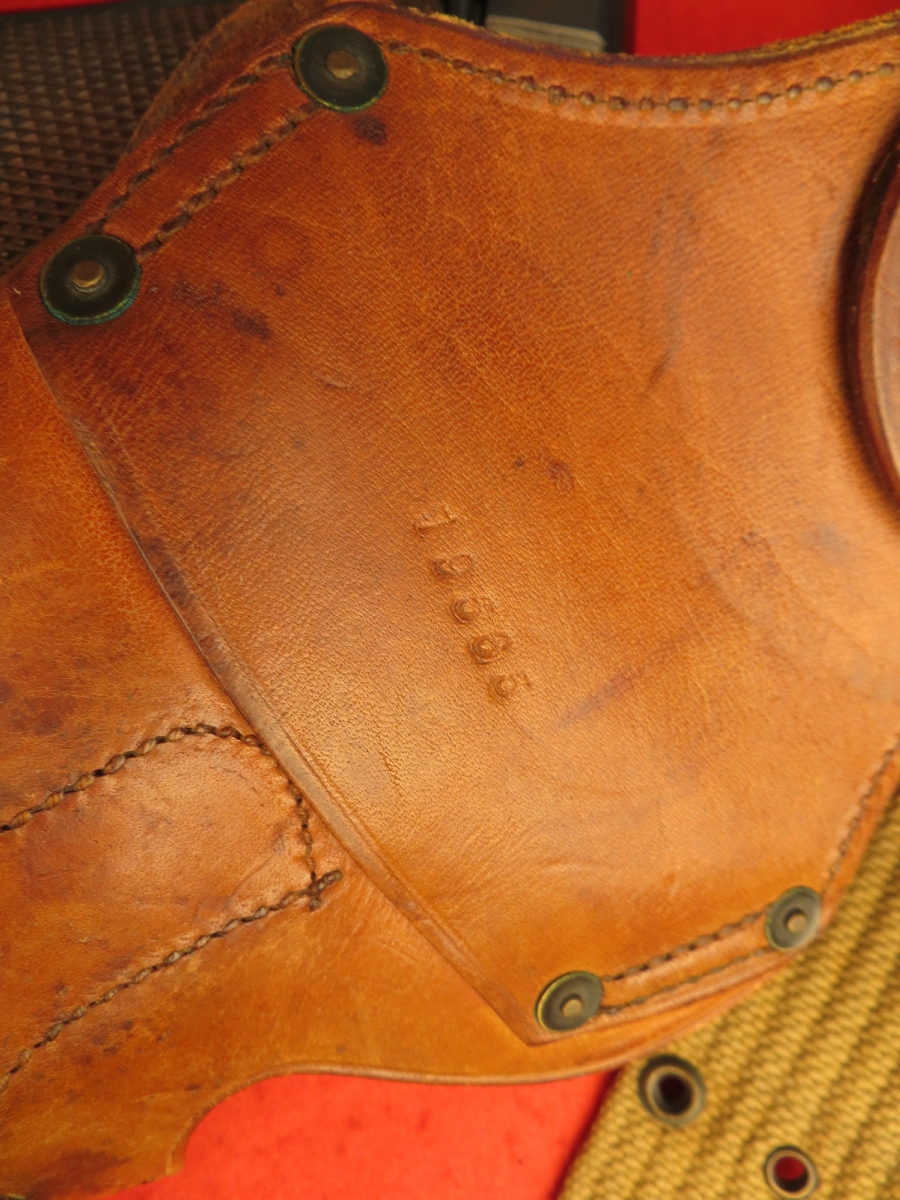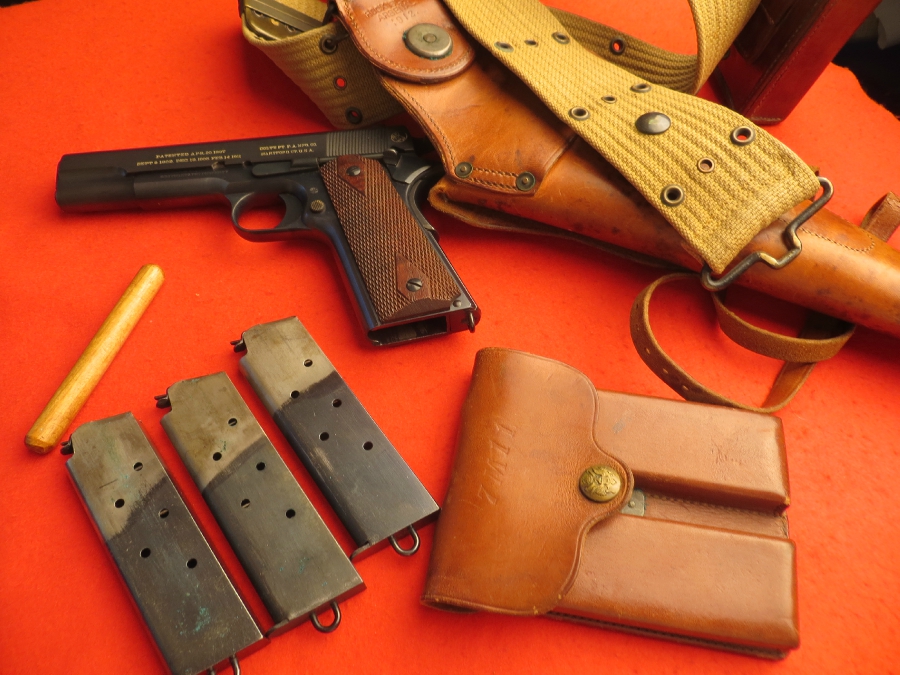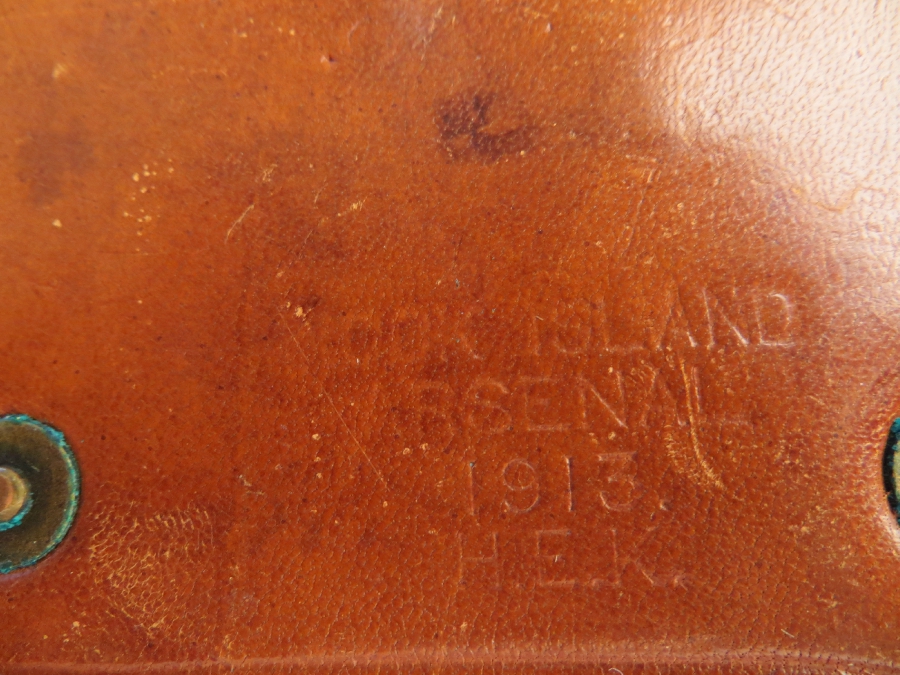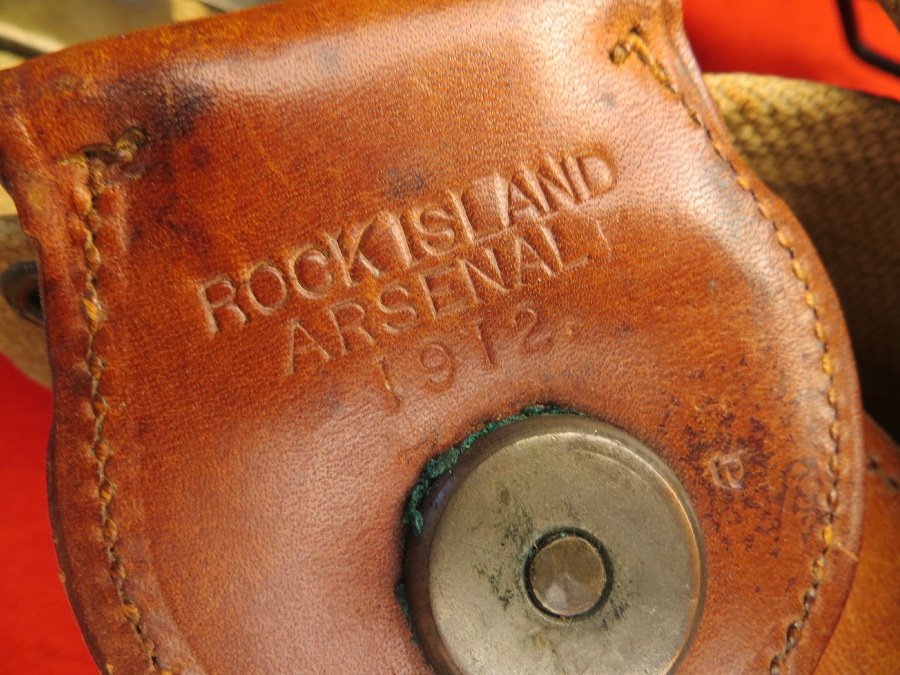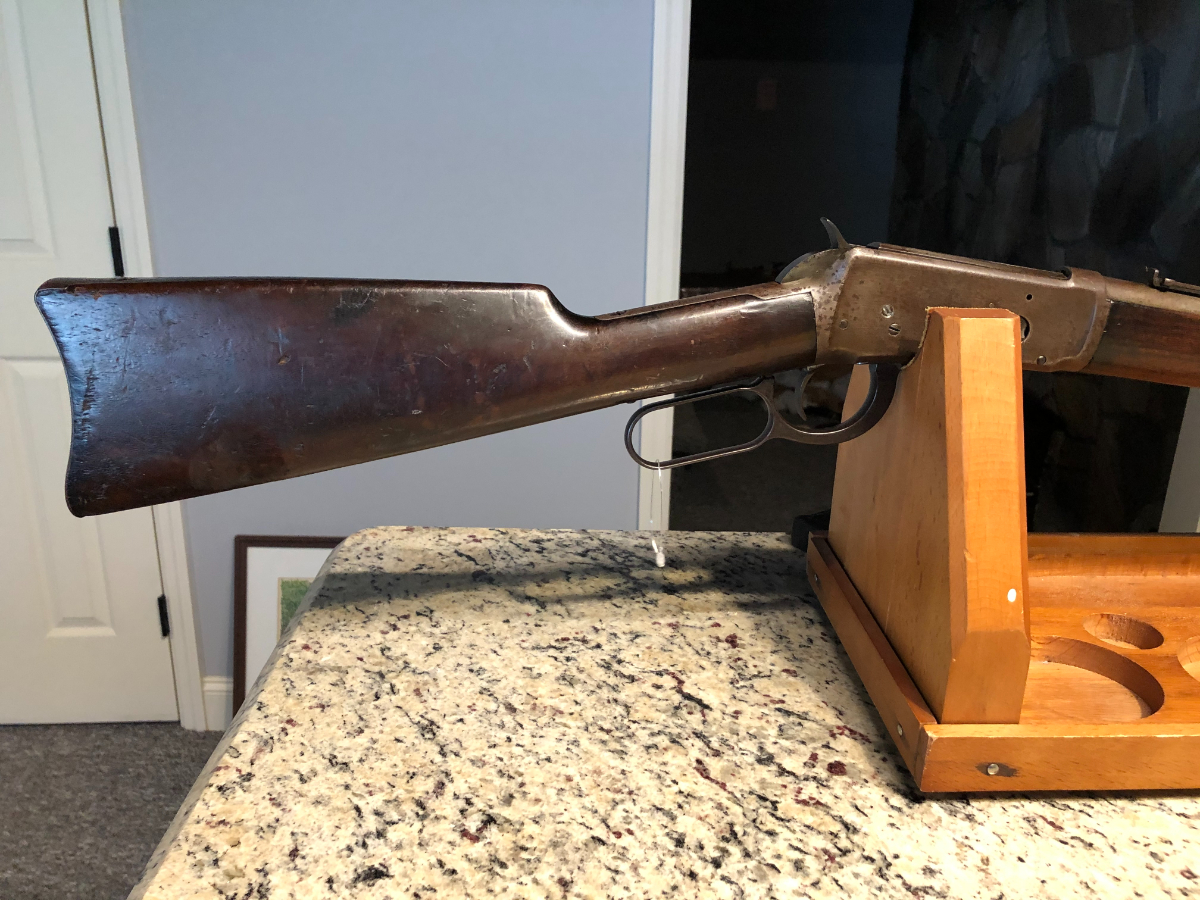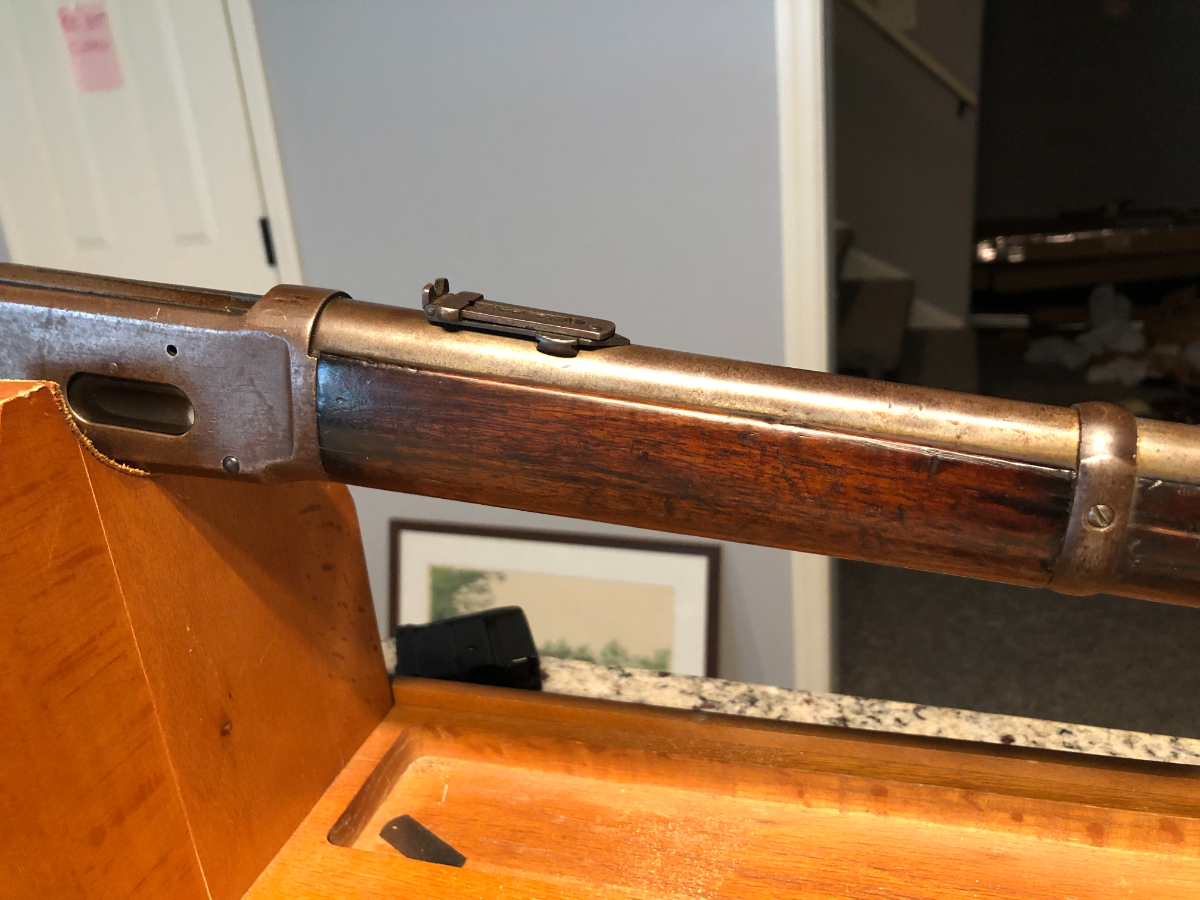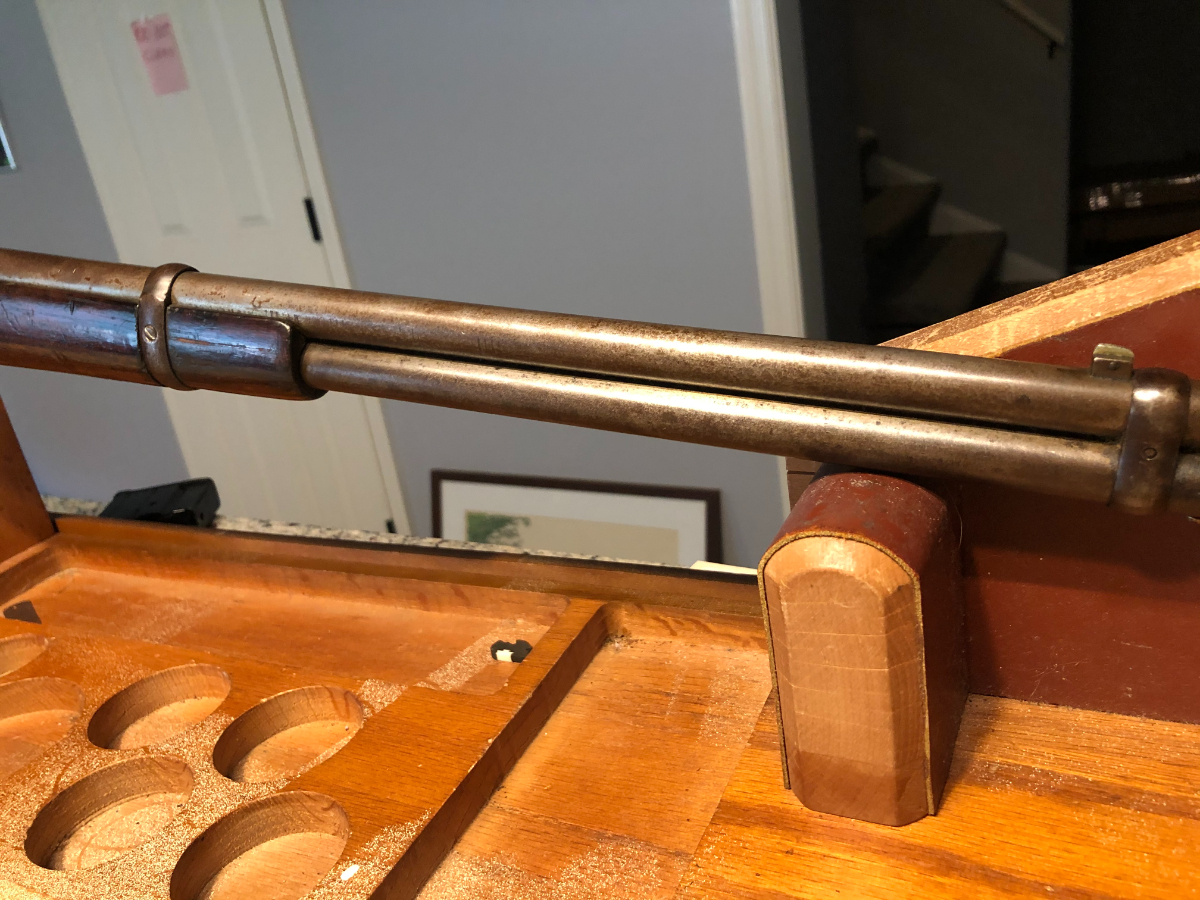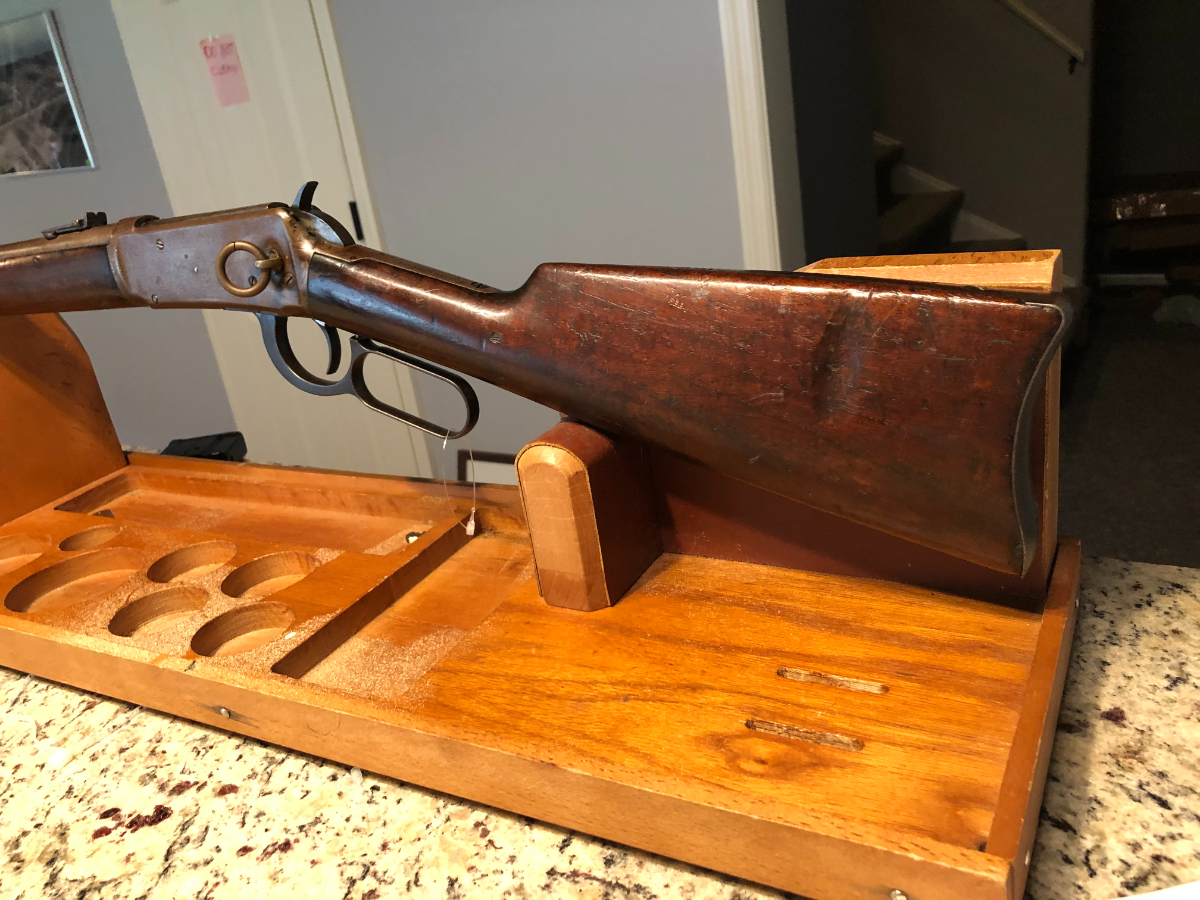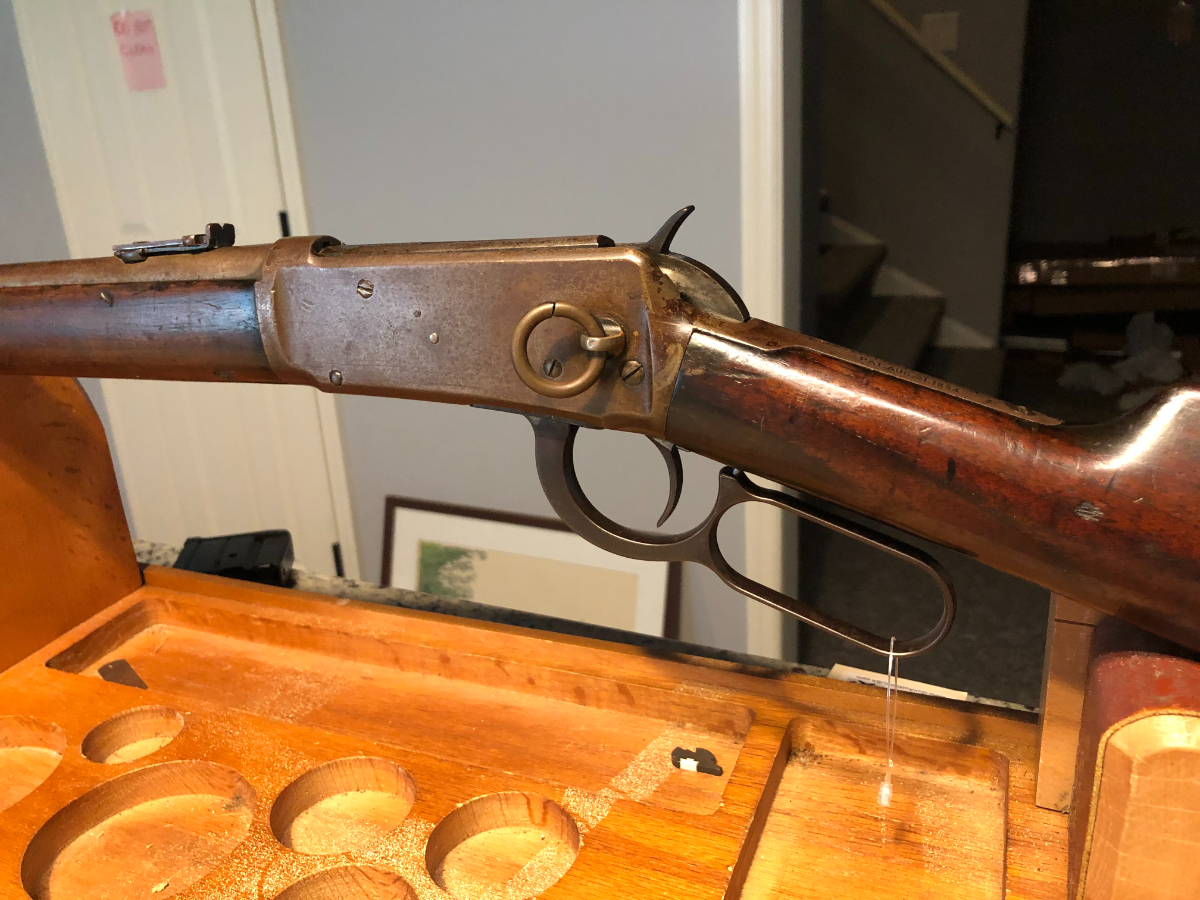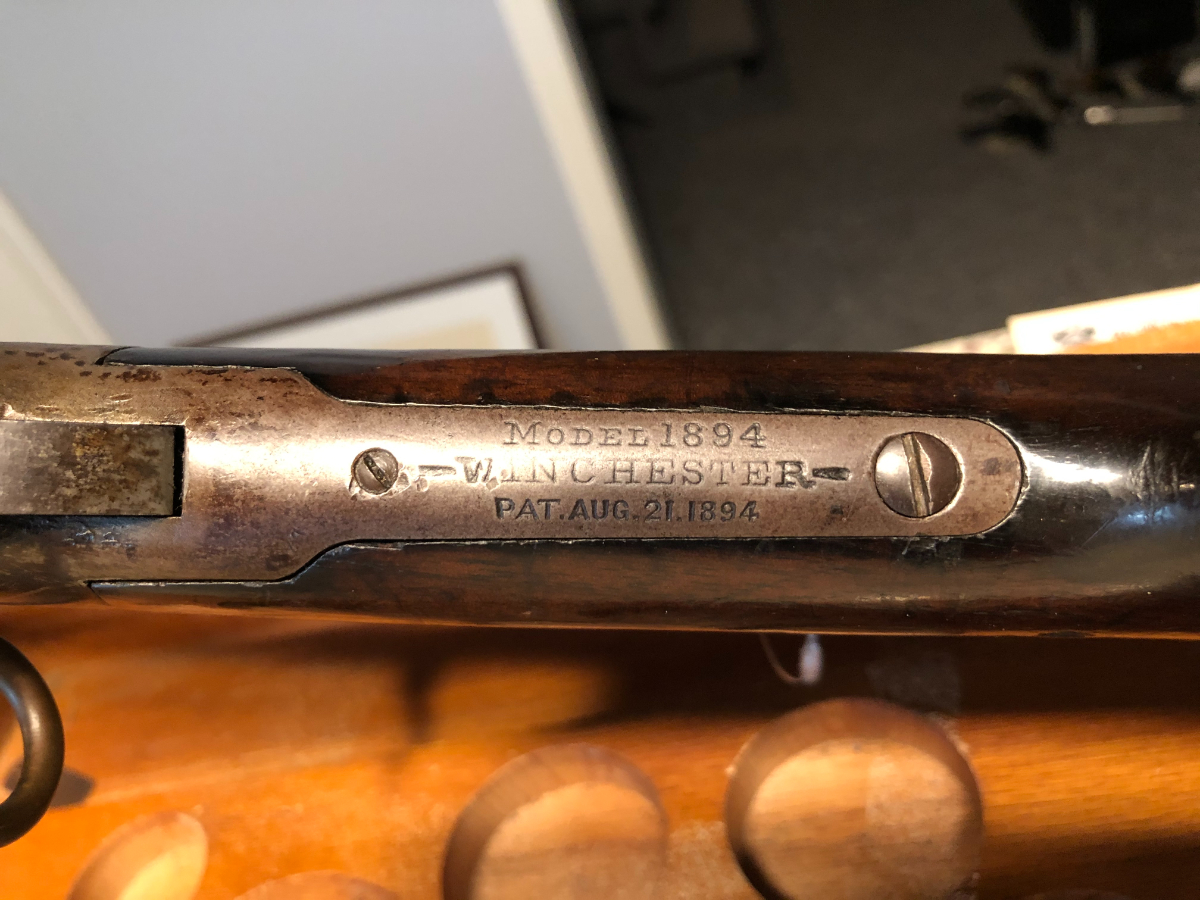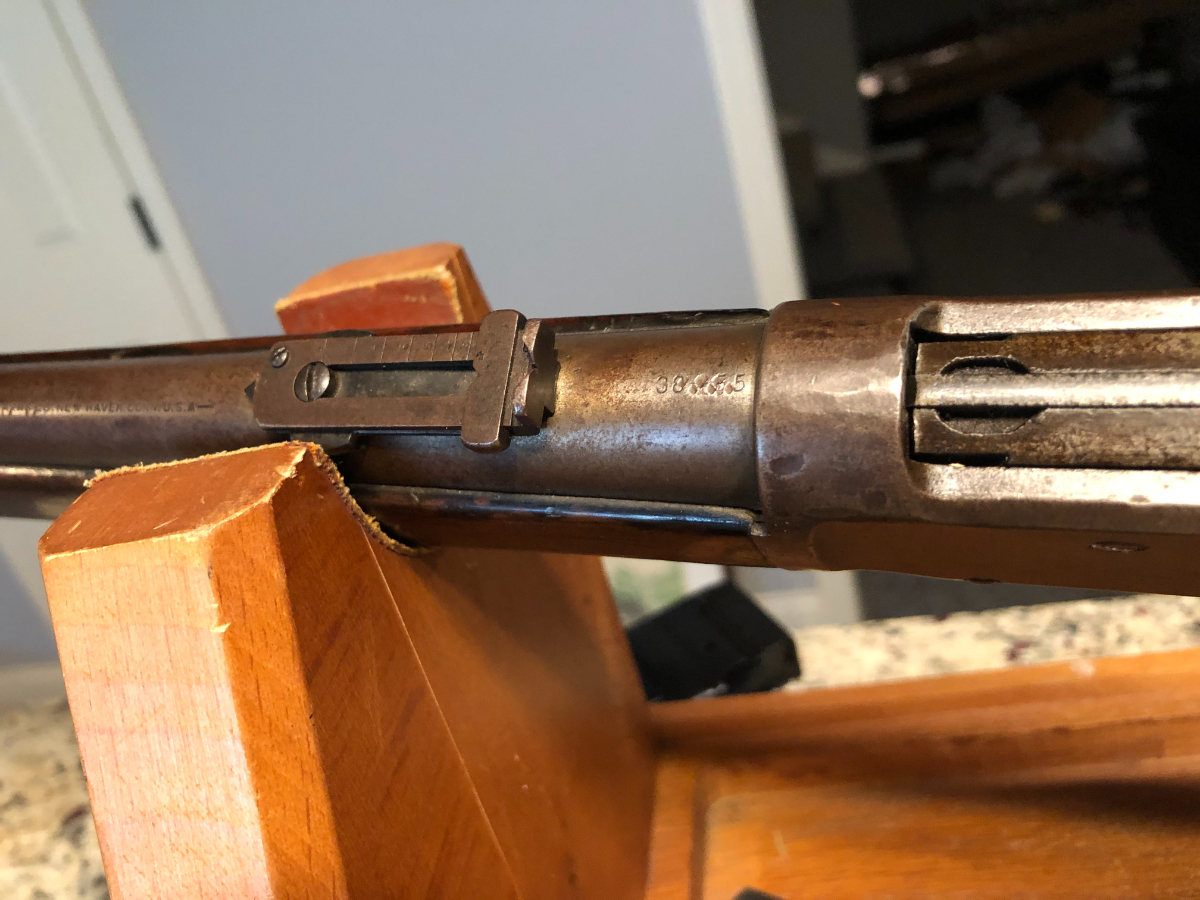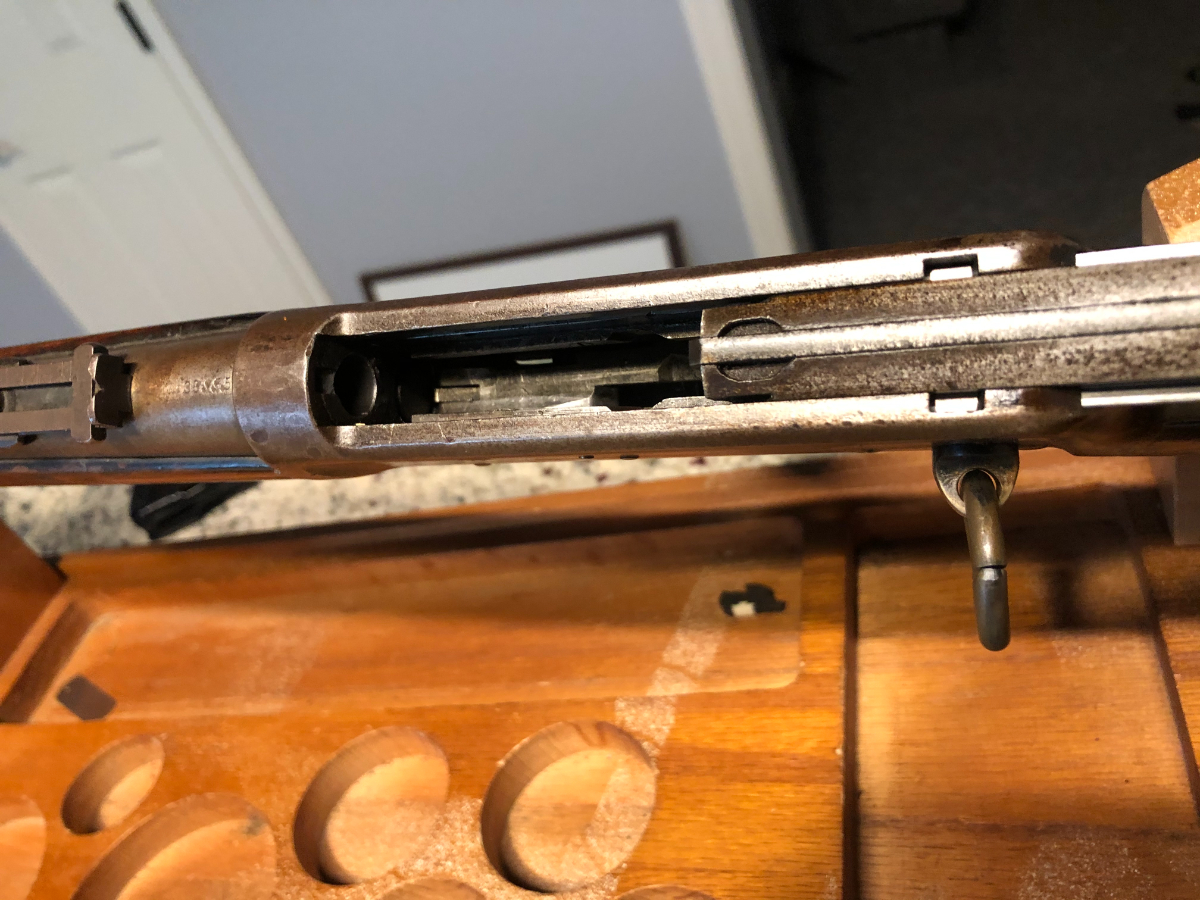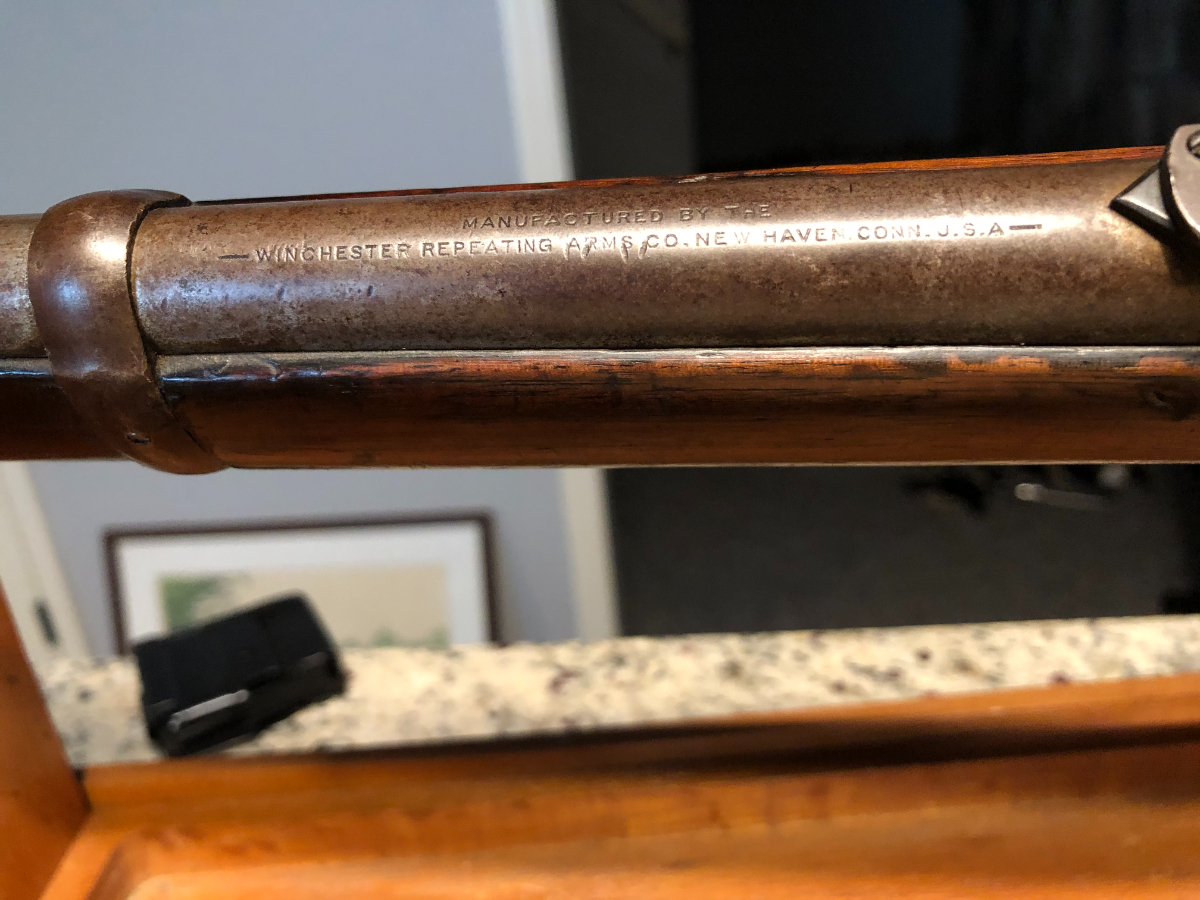
Even as California’s population has been on the decline, and it will soon lose a congressional seat, the Golden State still maintains vast influence. As of 2015, California accounted for just 12.5 percent of the total population of the United States, yet many lawmakers seem to feel that its policies should lead the way for the rest of the country.
For supporters of the Second Amendment that has unfortunately included its gun control efforts.
California has some of the most restrictive firearms laws in the United States, and some communities have passed ordinances that make even legally owning a firearm difficult. The Golden State was first to adopt a ban on so-called assault weapons in 1989, which led to the 1994 assault weapon ban (AWB) nationwide. Just a few years later Los Angeles County banned the sale of firearms on county property – essentially killing the Great Western Gun Show, which had been the largest gun show in the country.
Now the state’s Democratic Senator Dianne Feinstein is seeking to dictate California’s stance on guns to all Americans. She has already received support outside of California from two other Democratic lawmakers – Sen. Richard Blumenthal (D-Conn.) and Sheldon Whitehouse (D-R.I.) – in introducing legislation that could hold account online gun marketplaces for illegal gun sales. It could take aim at websites including Armslist.com and potentially auction sites such as GunBroker.com.
Armslist in the Crosshairs
The three lawmakers specifically called out Armslist.com, the “Craigslist for guns,” which is currently the largest free gun classifieds on the web. Feinstein and her two distinguished colleagues argue that online gun marketplaces such as Armslist can essentially “evade basic background check laws” by allowing unlicensed sellers to sell guns to anyone.
The lawmakers noted, “Armslist and its competitors have become rife with illegal and dangerous gun sales; unlicensed sellers comprise as many as three in four sellers on Armslist alone.”
Feinstein, Blumenthal and Whitehouse have made the case that in enacting Section 230, Congress did not intend to grant a sweeping liability shield to all companies, including firearms marketplaces, merely because they operate in cyberspace.
“Under the Accountability for Online Firearms Marketplaces Act, online firearms marketplaces will no longer enjoy sweeping, blanket immunity—a change which will help take guns out of the hands of dangerous persons seeking to evade background checks and other gun safety measures,” the senators suggested, adding that the Accountability for Online Firearms Marketplaces Act would clarify Section 230 to ensure that the law’s blanket liability shield does not apply to online firearms marketplaces.
The Accountability for Online Firearms Marketplaces Act has already received endorsement from Everytown for Gun Safety, Brady, Giffords, the Coalition to Stop Gun Violence, the Connecticut Coalition Against Domestic Violence, Newtown Action Alliance and Sandy Hook Promise.
Peter Suciu is a Michigan-based writer who has contributed to more than four dozen magazines, newspapers and websites. He regularly writes about military small arms, and is the author of several books on military headgear including A Gallery of Military Headdress, which is available on Amazon.com.
















